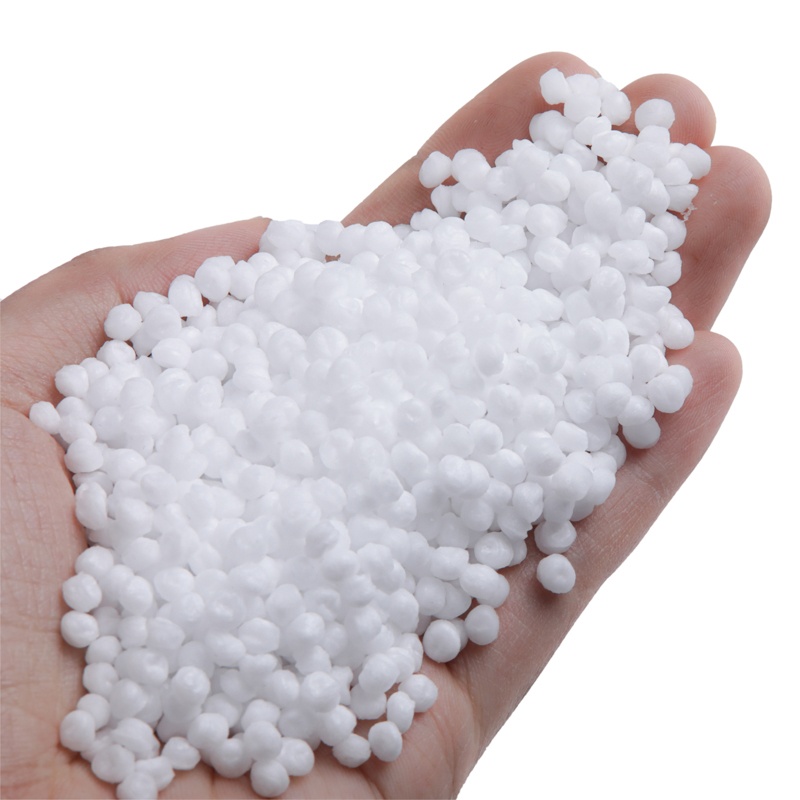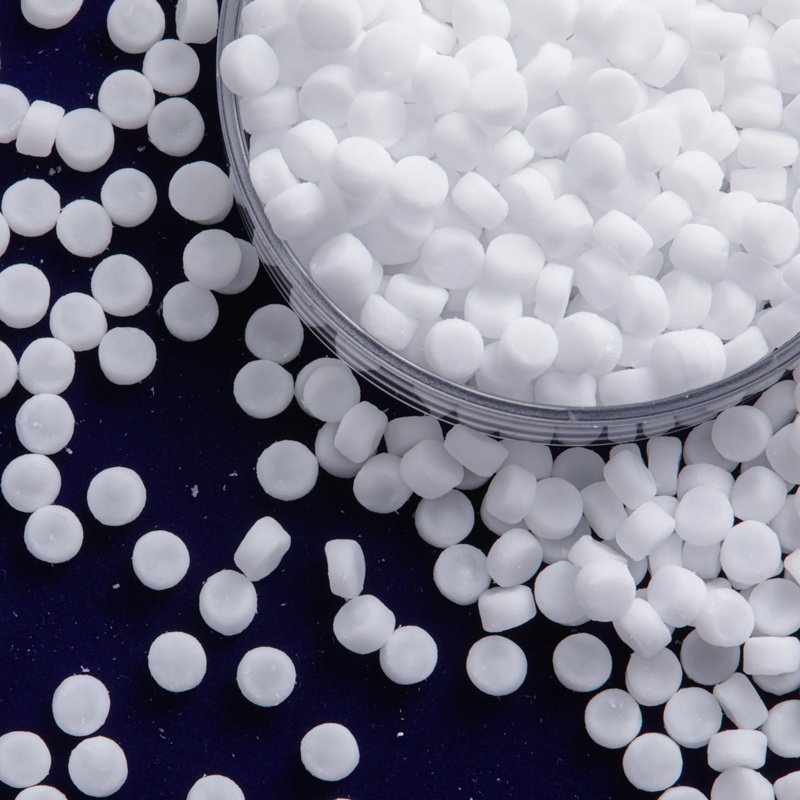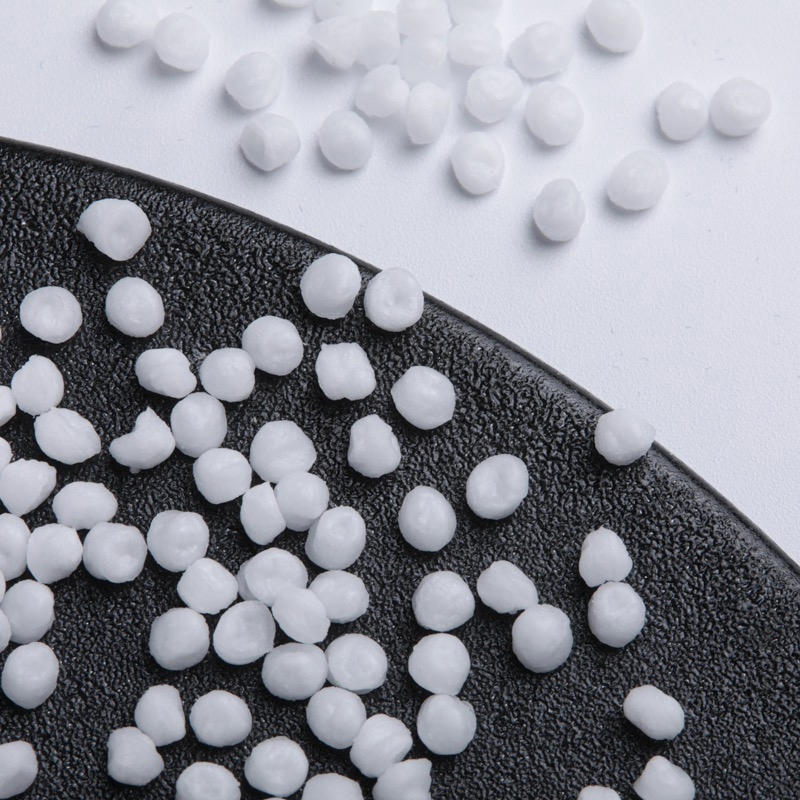Introduction
Due to their distinctive qualities and adaptability, silicone lubricants are frequently employed in a variety of industries. Their compatibility with many materials, such as rubber, plastic, and metal, is an important component of their application. For the best performance and longevity in varied applications, it is essential to comprehend how these materials react with silicone lubricants.
Rubber Compatibility
Silicone lubricants are quite compatible with rubber products. They are excellent for a variety of applications since they do not cause rubber components to bloat, soften, or degrade. Silicone lubricants offer efficient lubrication without affecting the integrity of rubber parts, whether they are O-rings, gaskets, or seals. In rubber-based systems, this compatibility guarantees optimum sealing, decreased friction, and increased durability.
Plastic compatibility
Different types of plastics are compatible to differing degrees with silicone lubricants. The majority of plastics, including polyethylene (PE), polypropylene (PP), polycarbonate (PC), and polyvinyl chloride (PVC), can be used with them. Silicone lubricants provide constant and smooth lubrication without altering the plastic or triggering chemical reactions. To ensure optimum performance and prevent any potential problems, it is crucial to take into account the exact type of plastic and consult compatibility tables or execute compatibility tests.
Silicone lubricants are extremely compatible with a variety of metal surfaces. Steel, aluminum, copper, and brass are among the metals that they can be used on without risk. Silicone lubricants create a thin, protective coating that shields metal parts from corrosion, lowers friction, and improves overall performance. While maintaining the integrity of metal surfaces, silicone lubricants offer excellent lubrication qualities for lubricating gears, bearings, and sliding mechanisms.

Compatibility Determining Factors
While silicone lubricants often display strong compatibility with rubber, plastic, and metal, there are a few things to take into account. Compatibility can be impacted by the silicone lubricant’s formulation, especially the use of additives. Compatibility may also be impacted by environmental variables as temperature, pressure, and chemical exposure. In order to ensure compatibility, it is essential to choose the proper silicone lubricant formulation based on the unique application requirements, check technical data sheets, or seek professional help.
Compatibility Determining Factors: While silicone lubricants often display strong compatibility with rubber, plastic, and metal, there are a few things to take into account. Compatibility can be impacted by the silicone lubricant’s formulation, especially the use of additives. Compatibility may also be impacted by environmental variables as temperature, pressure, and chemical exposure. In order to ensure compatibility, it is essential to choose the proper silicone lubricant formulation based on the unique application requirements, check technical data sheets, or seek professional help.
Related Products



